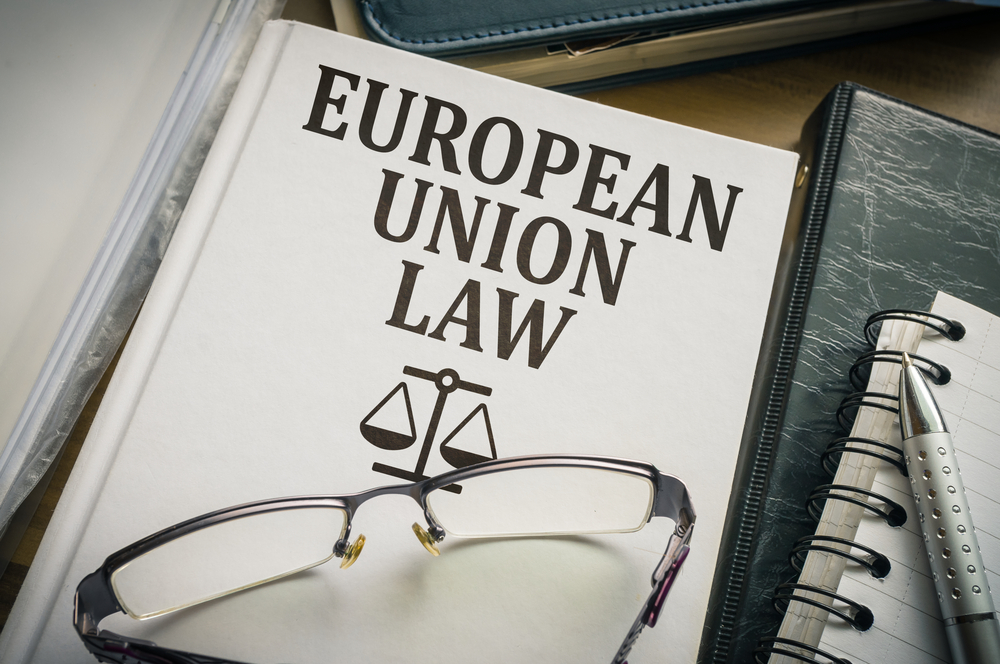Quick search
CTRL+K
Quick search
CTRL+K


Since 2010, the Global Law Experts annual awards have been celebrating excellence, innovation and performance across the legal communities from around the world.
posted 6 years ago
In a recent
judgment [K.A. and Others v Belgium (C-82/16)], the European Court of Justice,
confirms settled case-law and brings more clarity on (derived) residence rights
of family members of “static EU citizens”.
The case in the main proceedings
The cases
at issue concern EU citizens who have never exercised their rights to freedom
of movement (“static EU citizens), and their family members, third-country
nationals, who have lodged applications for family reunification. The applications
were not examined by the Immigration Office, because the third-country nationals
concerned are subject to an entry ban which is both valid and final, and the
applications have not been lodged from outside the territory of the European
Union.
Questions referred for a preliminary ruling
The request
for a preliminary ruling made by the Council for asylum and immigration
proceedings, concerns the interpretation of Article 20 TFEU, Articles 7 and 24
of the Charter of Fundamental Rights of the European Union and Articles 5 and
11 of Directive 2008/115/EC on common standards and procedures in Member States
for returning illegally staying third-country nationals.
Judgment of the Court (Grand Chamber)
The ECJ strengthens
the limits imposed on Member States in interpreting the key factor of the
“substance of the rights” test determines derived rights of residence.
The key
factor of the “substance of the rights” test and serves to limit its scope, is
whether the decision not to grant the right of residence, would compel the EU
national to leave the EU as a whole [McCarthy (2011)].
1 Article 20 TFEU -overriding value
The ECJ
emphasises the overriding value of Article 20 TFEU.
Referring
to settled case-law, the ECJ recalls that Article 20 TFEU precludes national
measures, such as decisions refusing a right of residence to family members of
Union citizens, which have the effect of depriving the latter of the genuine
enjoyment of the substance of the rights conferred by virtue of their status.
In context,
criteria such as the time when the relationship of dependency comes into being,
the existence of an entry ban and whether the entry ban is final, the reasons
for the entry ban, are irrelevant (unless the person concerned represents a
genuine, present, and sufficiently serious threat to public policy).
Lastly, as
a matter of principle, the right of residence in the host Member State,
accorded by Article 20 TFEU to a third-country national who is a family member
of a Union citizen:
· 1 does
not presuppose that the third-country national already has some other right of
residence in the territory of the Member State concerned.
· 2 the
benefit of that right of residence must be accorded to a third-country national
from the moment when the relationship of dependency to the Union citizen comes
into being, and for as long as that relationship lasts.
2 The existence of a relationship of dependency
capable of justifying a derived right of residence under Article 20 TFEU
Summarising
settled case-law, the ECJ provides for a test of dependency, interpreting the “substance
of the rights” test. Such a dependency must be “capable of justifying a derived right of residence under Article 20 TFEU”:
·
where
the Union citizen is an adult, only exceptional circumstances shall be
considered, justifying that “any form of
separation of the individual concerned from the member of his family on whom he
is dependent is not possible”.
·
where
the Union citizen is a minor, all the specific circumstances must be
considered in the best interests of the child, including the age, the physical and
emotional development, the extent of his emotional ties to each of his parents,
and the risks which separation from the third-country national parent might
entail for that child’s equilibrium. “The
existence of a family link with that third-country national, whether natural or
legal, is not sufficient, and cohabitation with that third-country national is
not necessary, in order to establish such a relationship of dependency”.
Only if the
“test of dependency” justifies derived right of residence, a decision not to
grant such a right, is deemed to compel the EU national to leave the EU as a
whole (“substance of the rights” test).
© 2018, Immigration Law Associates.
All Rights Reserved.
posted 19 hours ago
posted 2 days ago
posted 2 days ago
posted 3 days ago
posted 6 days ago
posted 7 days ago
posted 1 week ago
posted 2 weeks ago
posted 2 weeks ago
There are no results matching your search.
ResetFind the right Legal Expert for your business
Sign up for the latest legal briefings and news within Global Law Experts’ community, as well as a whole host of features, editorial and conference updates direct to your email inbox.
Naturally you can unsubscribe at any time.
Global Law Experts is dedicated to providing exceptional legal services to clients around the world. With a vast network of highly skilled and experienced lawyers, we are committed to delivering innovative and tailored solutions to meet the diverse needs of our clients in various jurisdictions.